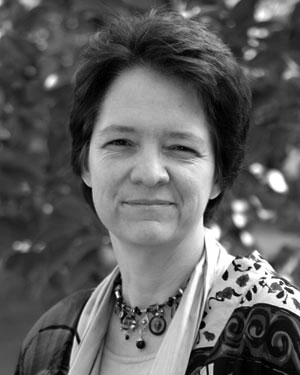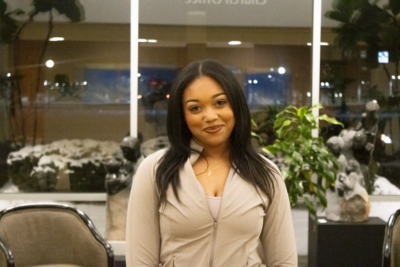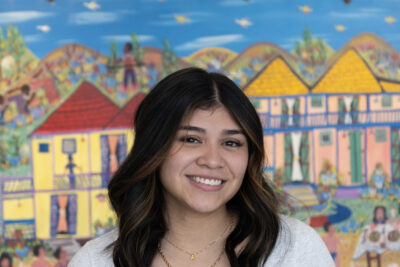During the spring and summer of 1968, more than forty years ago now, I worked for the campaign of Senator Eugene McCarthy. I turned 14 that summer, and though I was very young to be canvassing door to door with college students, my heart was fully in the work.
It had been a tragic and difficult year. The assassination of Martin Luther King Jr. in April, followed by rioting in cities across the country and the assassination of Robert F. Kennedy Jr. in June, crushed many spirits.However, since I was young and resilient and believed in the Democratic process, I continued my daily work for a candidate I was certain would help to end the war in Vietnam. But that July – when I watched the Democratic National Convention in Chicago disintegrate into a political nadir – I lost my faith in politics.
While outside the convention, Mayor Daley’s police sprayed tear gas and cracked the heads of demonstrators with billy clubs. Inside the nomination of Hubert Humphrey was railroaded through.
“They’re not following Robert’s Rules of Order,” I kept crying out-having just learned about those rules that summer. But none of the delegates on the floor seemed to see what I was seeing. That’s when I learned that adults can often contradict their own values and beliefs, break their own rules and then act as though nothing has happened. For me, political language had become an official, but deadening form of speech.
Over and over again I sensed the presence of stultifying language as through the decades I watched elections, Watergate coverage, the media hype on the Gulf War, the Clarence Thomas hearings and even the War on Terror as it was covered on television. I voted, but rarely with enthusiasm.
Then the 2000 election debacle robbed me of my belief that my vote actually counted. 9/11 brought a sobering realism to our national discourse and a call to unity, but it was quickly co-opted as justification for the Patriot Act and then the War in Iraq. I felt the constraint of “correctness” infect my own speech. Even teachers were labeled “terrorists” under the Bush Administration. Critique was construed as unpatriotic: an Orwellian nightmare.
So, like many others, I was ready for change during this election year, with its historic woman candidate and its historic African American candidate. I wanted to hope, yet I was afraid.
When I taught Expository Writing last spring, I decided to have my students investigate the platforms and programs of the various candidates and write analyses and reviews of websites and speeches. Together we did our homework as citizens. I am grateful to the students from that class for teaching me so much.
When Obama became the Democratic candidate, I began to get a bit excited.
The Democratic convention in Denver last summer was a healing balm for people of my generation. Obama spoke to voters with dignity and respect. I felt – for the first time in eight years – that perhaps the voting machines would actually work as they were supposed to in November. Yet I kept holding my breath, almost unable to believe what was happening.
My three adult children were not constrained by living through past trauma. They canvassed. They campaigned in several states. They voted. I babysat my oldest daughter’s children so she could work at the Obama headquarters. It dawned on me that since the summer of 1968, part of my heart had been frozen. And somehow during that time I had grown older than the president.
What the inauguration means to me is a great thawing of frozen hope – even on an icy January day. I sense dignity restored to the language. Language on Obama’s tongue is an act of care and precision. He has a gift for re-framing the ordinary in a most extraordinarily inspiring way, even as he makes his listeners feel valued.
Peggy Noonan has said that the most moving thing in an Obama speech is its logic. This is because his logic – informed by wide and intelligent reading and conversation – is an act of respect to the listener. Perhaps even an act of love-love for the Democratic process, for what Buddhists call “right speech,” even for poetry.
“What if,” as poet Elizabeth Alexander read today, “the mightiest word is love … love that casts a widening pool of light?” And what if young people today, such as my 10 year-old son – the only non-voting member of the family – can look up to a president with such values and discover the promise of Democracy restored?
I will be happy to entrust the future to them.
Ann Hostetler is a professor of English at Goshen College.



